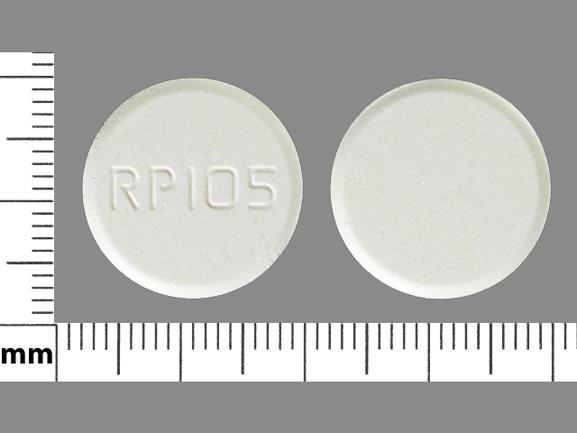Acid Gone Extra Strength Interactions
There are 259 drugs known to interact with Acid Gone Extra Strength (aluminum hydroxide/magnesium carbonate), along with 2 disease interactions, and 1 alcohol/food interaction. Of the total drug interactions, 19 are major, 145 are moderate, and 95 are minor.
- View all 259 medications that may interact with Acid Gone Extra Strength
- View Acid Gone Extra Strength alcohol/food interactions (1)
- View Acid Gone Extra Strength disease interactions (2)
Most frequently checked interactions
View interaction reports for Acid Gone Extra Strength (aluminum hydroxide / magnesium carbonate) and the medicines listed below.
- acyclovir
- Adderall (amphetamine / dextroamphetamine)
- Advair HFA (fluticasone / salmeterol)
- amitriptyline
- amoxicillin
- atenolol
- B-50 Complex (multivitamin)
- Banophen (diphenhydramine)
- Bayer Aspirin (aspirin)
- Bentyl (dicyclomine)
- biotin
- Breo Ellipta (fluticasone / vilanterol)
- calcium / vitamin d
- Centrum Silver Women's (multivitamin with minerals)
- Cialis (tadalafil)
- clonidine
- clopidogrel
- desvenlafaxine
- diazoxide
- Dulcolax (bisacodyl)
- epinephrine
- FeroSul (ferrous sulfate)
- Fioricet (acetaminophen / butalbital / caffeine)
- Flexeril (cyclobenzaprine)
- folic acid
- gabapentin
- levothyroxine
- simethicone
- Vitamin B12 (cyanocobalamin)
- Vitamin D3 (cholecalciferol)
Acid Gone Extra Strength alcohol/food interactions
There is 1 alcohol/food interaction with Acid Gone Extra Strength (aluminum hydroxide / magnesium carbonate).
Acid Gone Extra Strength disease interactions
There are 2 disease interactions with Acid Gone Extra Strength (aluminum hydroxide / magnesium carbonate) which include:
More about Acid Gone Extra Strength (aluminum hydroxide / magnesium carbonate)
- Acid Gone Extra Strength consumer information
- Compare alternatives
- Pricing & coupons
- Drug images
- Side effects
- Dosage information
- During pregnancy
- Drug class: antacids
- En español
Related treatment guides
Drug Interaction Classification
| Highly clinically significant. Avoid combinations; the risk of the interaction outweighs the benefit. | |
| Moderately clinically significant. Usually avoid combinations; use it only under special circumstances. | |
| Minimally clinically significant. Minimize risk; assess risk and consider an alternative drug, take steps to circumvent the interaction risk and/or institute a monitoring plan. | |
| No interaction information available. |
See also:
Further information
Always consult your healthcare provider to ensure the information displayed on this page applies to your personal circumstances.


